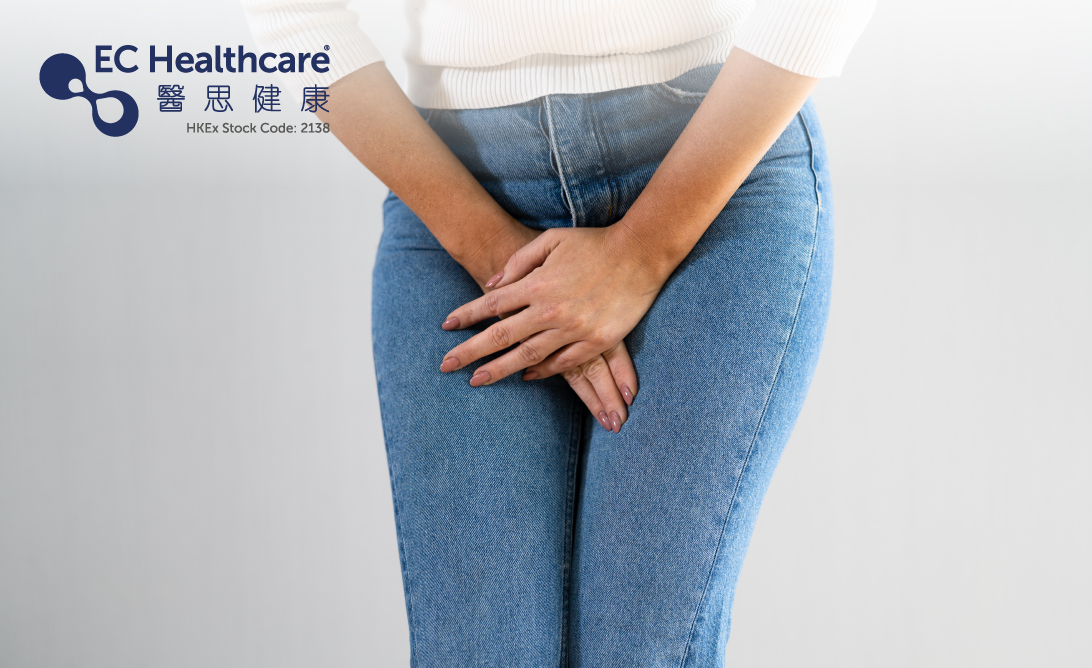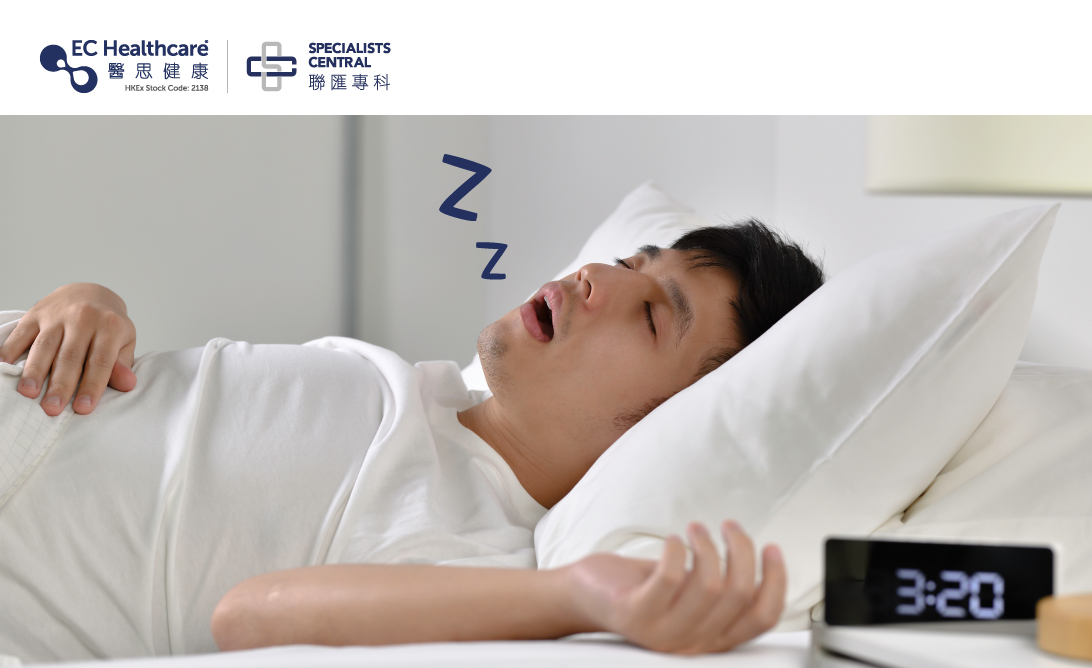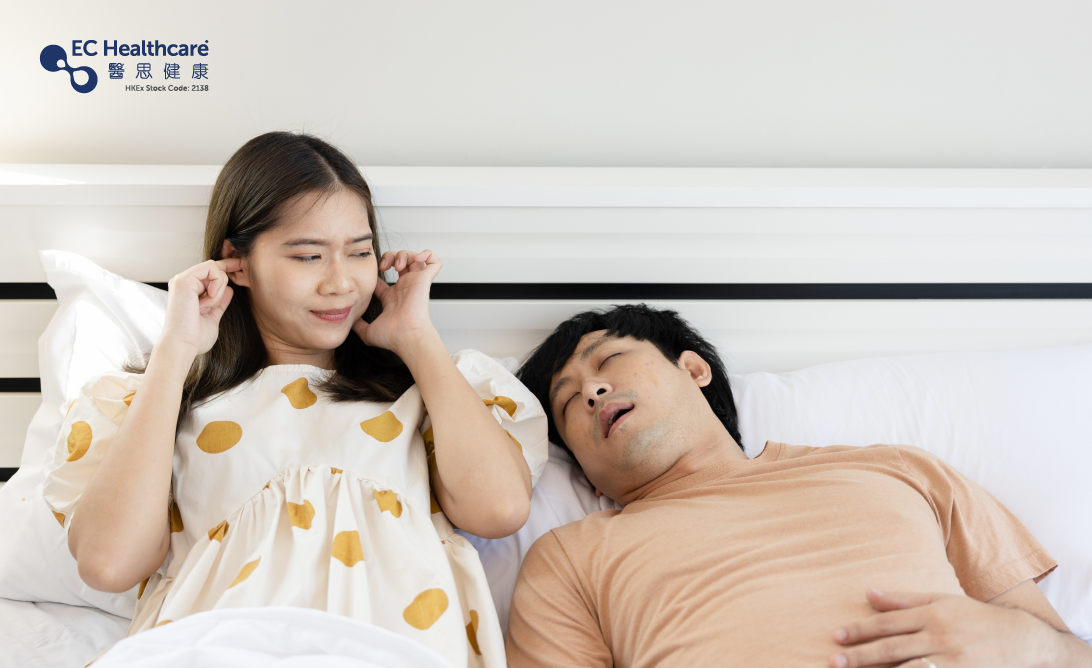Nocturia - Top 4 Reasons Why You Wake Up In The Middle Of The Night To Urinate


According to the International Continence Society (ICS), nocturia is defined as an urge to urinate so strongly that it interrupts sleep and wakes you up at least two times a night. When nocturia occurs, the quality of sleep is poor and there may be hidden problems in the body. The following 4 reasons may be responsible for your excessive night-time urination.

Drinking too much water
Reasons include excessive intake of water at night, heavy food at dinner, and diuretic drinks such as tea, alcohol and coffee. It is also not advisable to drink a lot of water before going to bed, and to empty the bladder before going to bed to reduce the need to go to the toilet during the night.
Sleep Apnoea
Sleep apnoea can lead to poor sleep patterns and wakefulness and sleepiness. The brain does not switch the urinary system to 'sleep mode'. The bladder is still as sensitive as it is during the day, so people have to get up every few hours to go to the toilet, just like they do during the day. In addition, sleep apnoea causes hypoxia, and the body notices the lack of oxygen and speeds up the circulation to compensate for the lack of oxygen. This produces a diuretic effect and causes nocturnal polyuria.

Internal Diseases
For example, in diabetes, cardiovascular disease, kidney disease, overactive bladder, etc., when high blood sugar causes the bladder muscles to become enlarged and the bladder to become unstable. Kidney patients require more water to excrete metabolic waste due to the reduced concentration capacity of the kidneys. This can lead to frequent and increased urination
Physiological structure
Common issue: smaller bladder capacity, enlarged male prostate. Normal bladder capacity is approximately 400 to 500ml. When the bladder is fibrotic, it affects the capacity of the bladder, which becomes smaller and less flexible, not as much urine as it used to be able to hold. In addition, enlarged prostate glands in men and uterine fibroid compression in women can cause physical compression of the bladder.
To solve the problem of nocturia, it is necessary to address the individual causes of the problem and prescribe the right remedy. For example, men with enlarged prostate glands that cause excessive nocturia can be treated with medication or minimally invasive surgery to remove the enlarged tissue causing the blockage. Patients with an overactive bladder may also benefit from Botox injections to relax the bladder muscles.









